
5 Silent Habits That Put Your Kidney Health at R.i.s.k
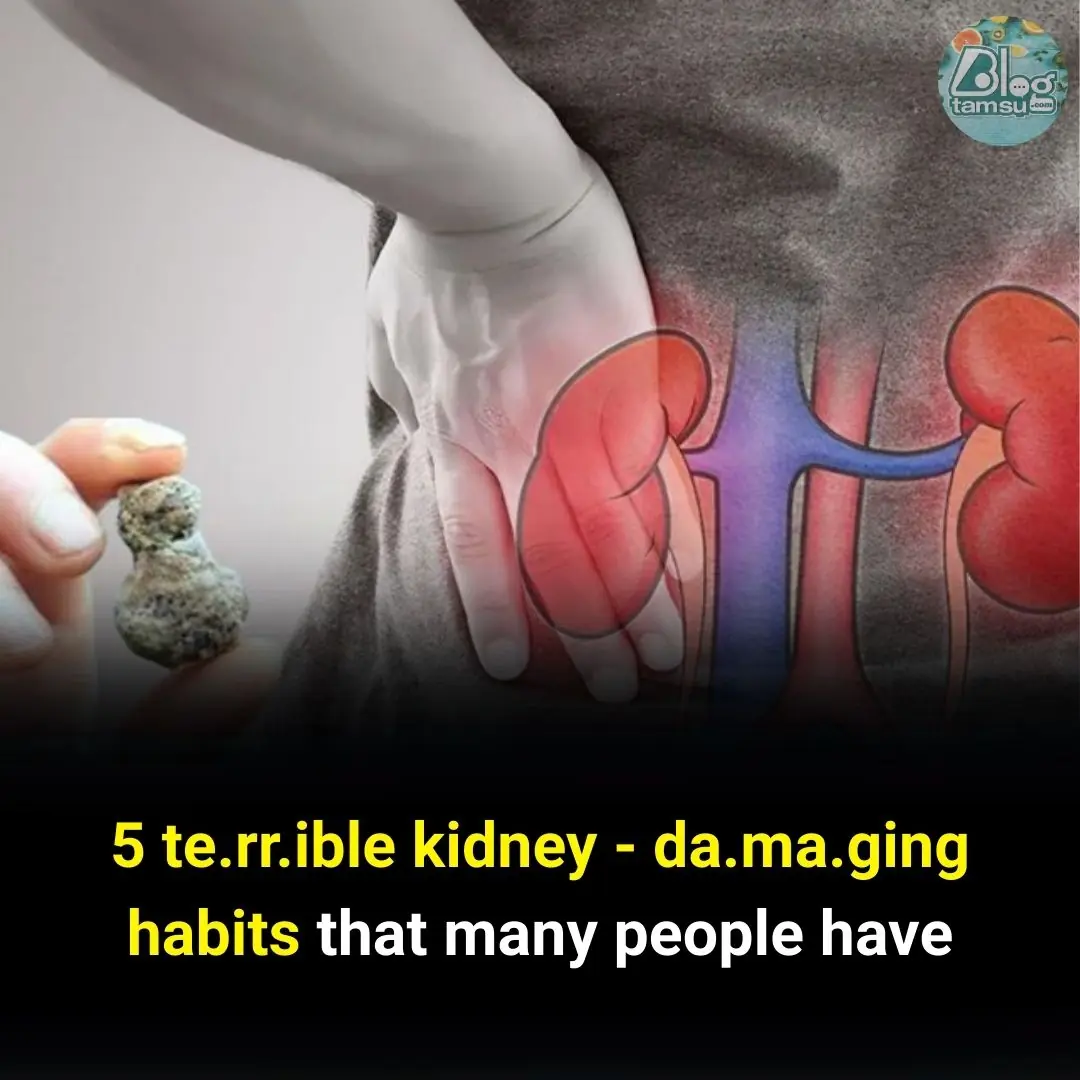
If you want to protect your kidneys — as precious as gold — change these 5 harmful habits as soon as possible.
1. Consuming too much protein
Taking in excessive protein is often seen as a “healthy” habit, but it can actually harm your kidneys. This is especially common among people who exercise at high intensity.
Eating or drinking double or triple the recommended amount of protein will not help build more muscle — it only makes your kidneys work harder.
A 2020 study published in the Journal of the American Society of Nephrology (JASN) showed a link between high-protein diets and an increased risk of newly developed chronic kidney disease, since the kidneys are responsible for filtering protein from the blood. Over time, this added strain can cause serious problems.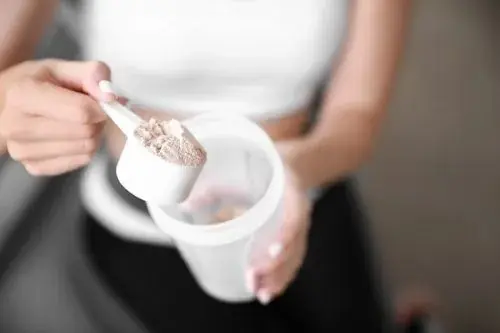
Tim Pflederer, a nephrologist and medical director at Evergreen Nephrology, added that animal-based proteins are particularly risky for people with chronic kidney disease.
Of course, eliminating protein completely from your diet is counterproductive. That’s why experts recommend shifting from animal protein to plant-based protein sources such as beans, soy, nuts, and whole grains like quinoa and lentils.
Experts advise monitoring your protein intake — ideally 0.8–1 gram per kilogram of body weight daily, unless otherwise directed by a doctor.
2. Overusing supplements
Doctors warn that certain dietary supplements, especially in high doses, can damage the kidneys.
Turmeric, high doses of vitamin C, and calcium can all contribute to kidney stones, while vitamin D can pose risks for people with chronic kidney disease.
Potassium supplements can also be dangerous for CKD patients, including those on dialysis, who need to carefully monitor potassium intake to prevent dangerous buildup in the blood.
Supplements aren’t inherently bad. But before taking any, you should always consult a doctor to understand potential side effects or drug interactions.
3. Drinking detox teas
Detox teas are marketed as products that flush toxins and excess waste from the body while promoting weight loss. However, they can be harmful to the kidneys.
For one, many contain diuretics that increase urine output, leading to rapid “weight loss.” This can cause dehydration and electrolyte imbalance — both of which place extra stress on the kidneys.
Detox teas also often include unregulated herbal ingredients that may harm kidney function.
The best “detox” is simply supporting your kidneys’ natural function by eating fiber-rich foods and staying hydrated.
4. Drinking too much water
Yes, it’s possible to overdo it, especially when consuming large amounts of water in a short time.
The kidneys are responsible for balancing water and electrolytes (like sodium) in the body, but they can only process about 0.8–1 liter per hour. Drinking faster than this can dilute the blood’s electrolytes.
Sodium regulates fluid balance inside and outside cells, and too little of it can cause swelling, affecting different organs, including the brain. In rare cases, this can trigger serious, even life-threatening, symptoms.
A simple rule of thumb: drink water when you’re thirsty. Pale yellow urine is a good indicator that you’re well-hydrated.
5. Overusing painkillers
Nonsteroidal anti-inflammatory drugs (NSAIDs) such as aspirin, ibuprofen (Advil, Motrin), and naproxen (Aleve) are common over-the-counter medicines for pain, fever, and inflammation.
Because they’re easy to get, many people overuse them — but abusing painkillers is “the fastest route to kidney failure.”
These drugs reduce blood flow to the kidneys, weakening their filtering ability over time. This can lead to kidney damage if taken long-term, even at low doses.
Some people have even developed acute kidney injury after taking just two Advil tablets a day for three weeks.
Only take painkillers when absolutely necessary. For everyday aches, try stretching, getting enough rest, hydrating, or using ice and heat packs, which can be remarkably effective without harming the kidneys.
Don’t forget kidney checkups
Chronic kidney disease can often be detected early with simple blood and urine tests. These tests can identify damage before it worsens, allowing preventive steps to avoid severe complications like kidney failure, which may require dialysis or a transplant.
To maintain kidney health, avoid smoking and stimulants, maintain a healthy weight, exercise regularly, monitor sodium intake, and keep an eye on blood pressure.
News in the same category

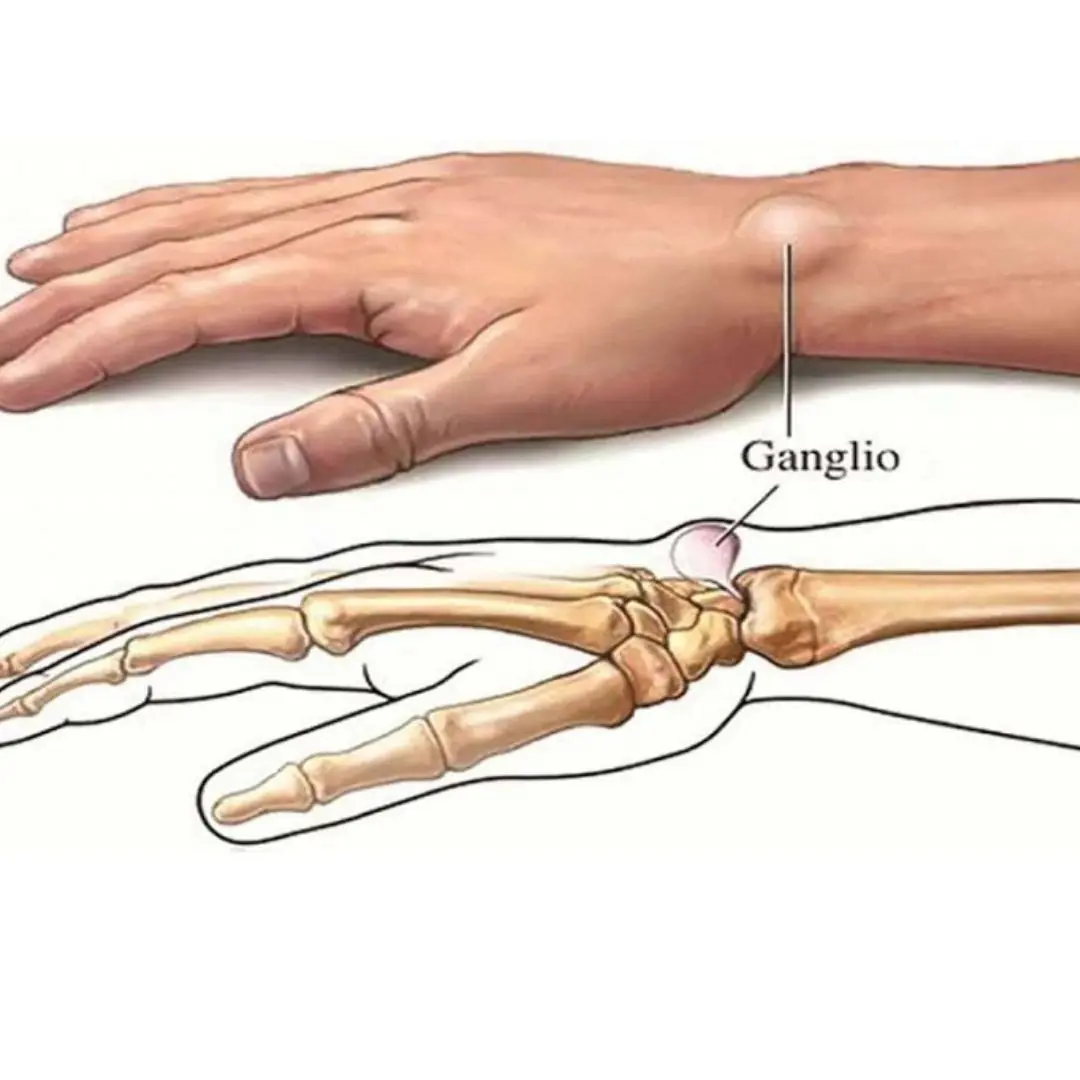
Bone Cancer: 5 Red-Flag Symptoms Doctors Warn About
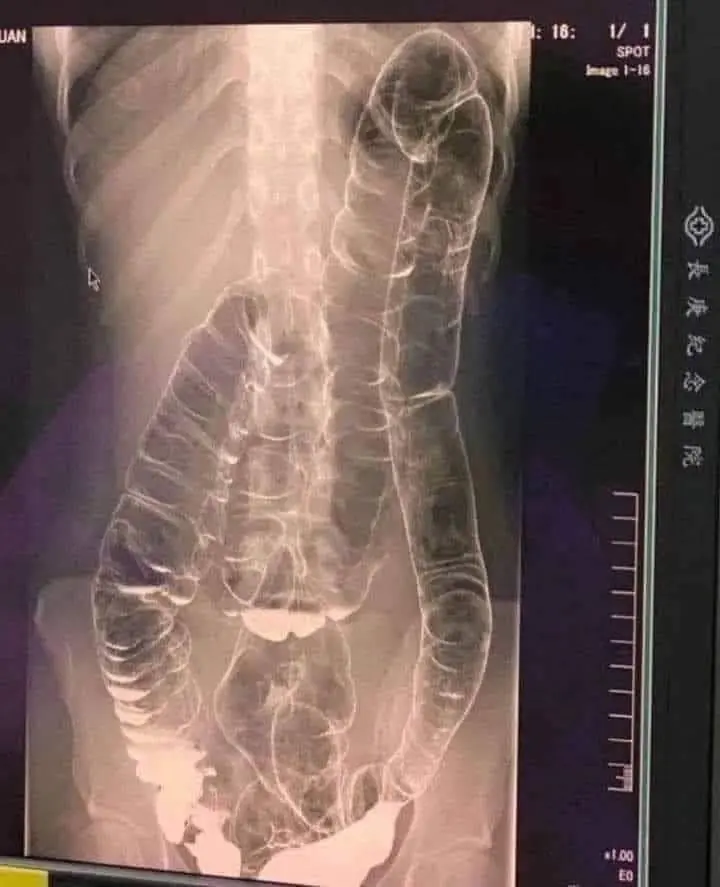
Ch.ronic constipation - A silent thr.eat to your digestive health
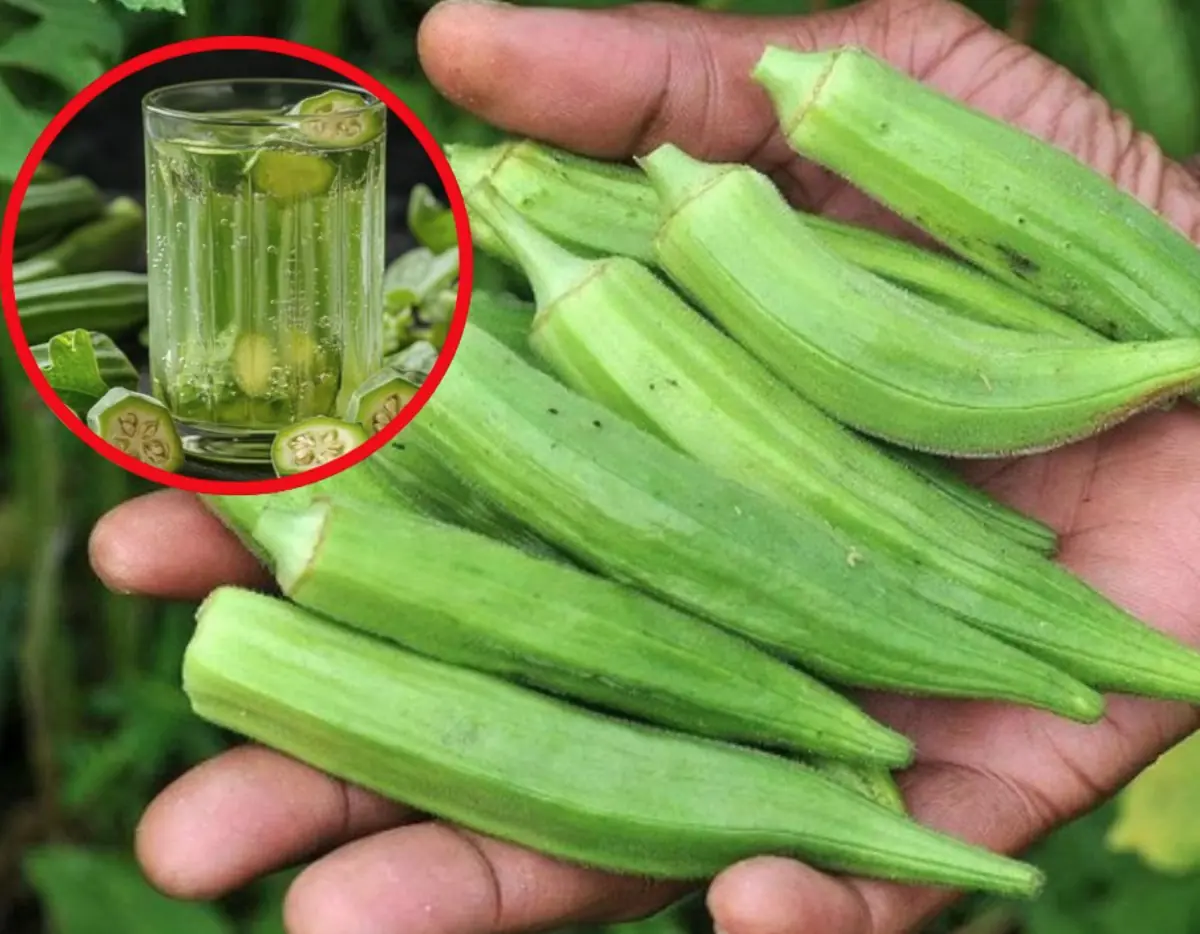
5 groups of people should not eat okra
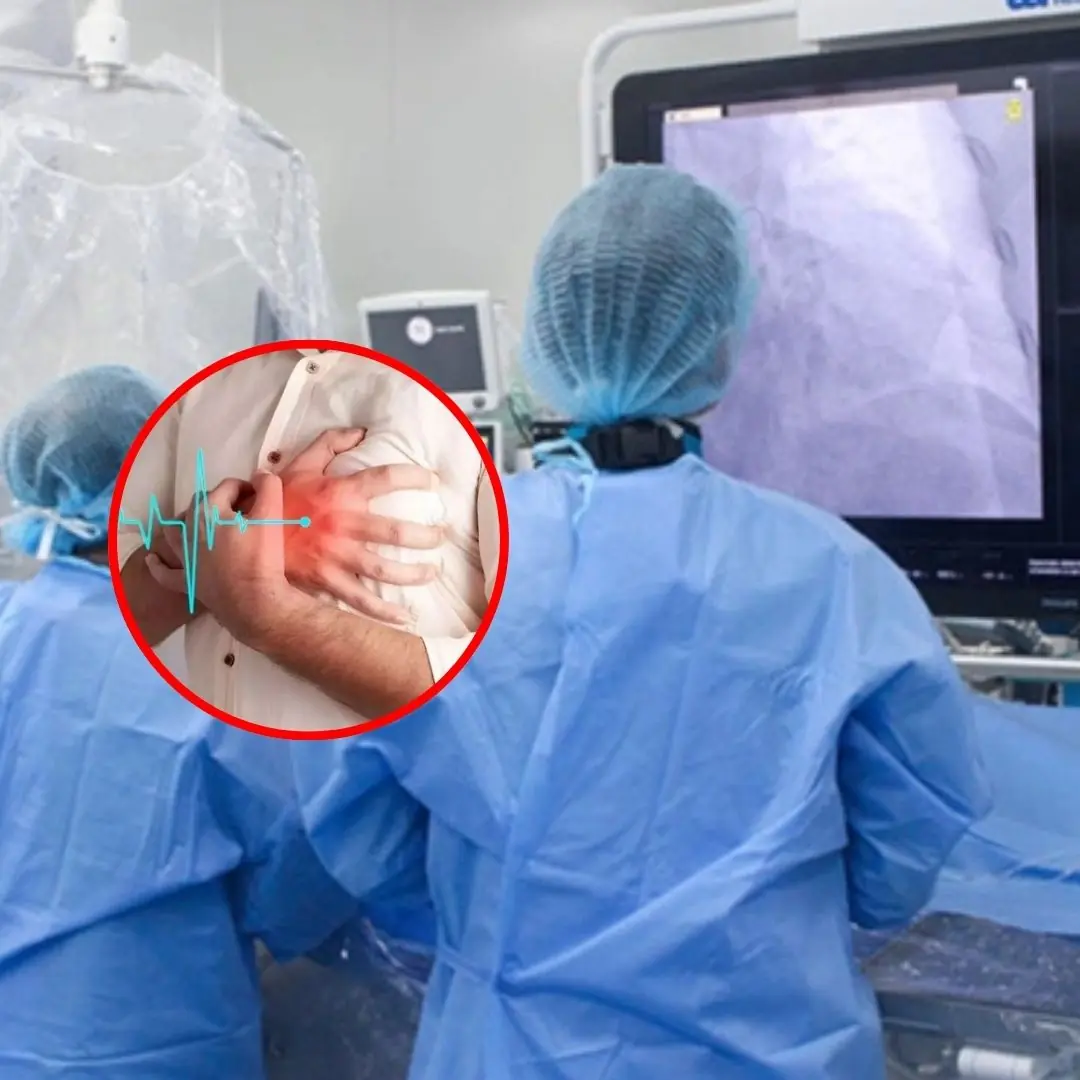
After 30 years of one common mistake, a 56-year-old man paid the price with a heart attack

Che.ap dried root is considered a 'longevity elixir': Good for the kidneys, stabilizes bl.o.o.d sugar
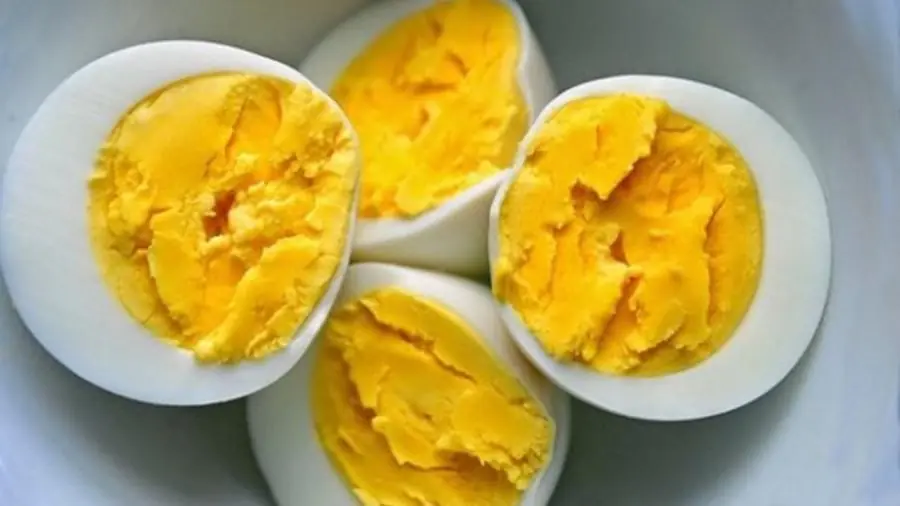
Eating eggs regularly can be harmful for these 5 groups of people

A “small but mighty” flower that helps prevent stro.kes and supports can.cer treatment
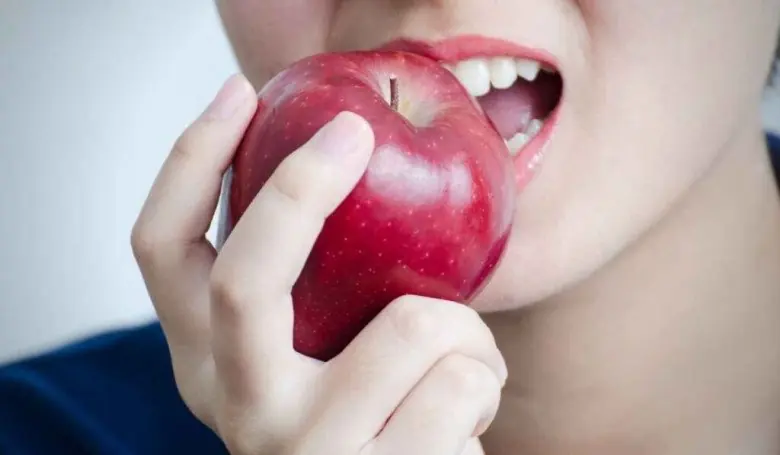
I regularly eat these 2 fruits to keep my spleen and sto.mach clean and healthy
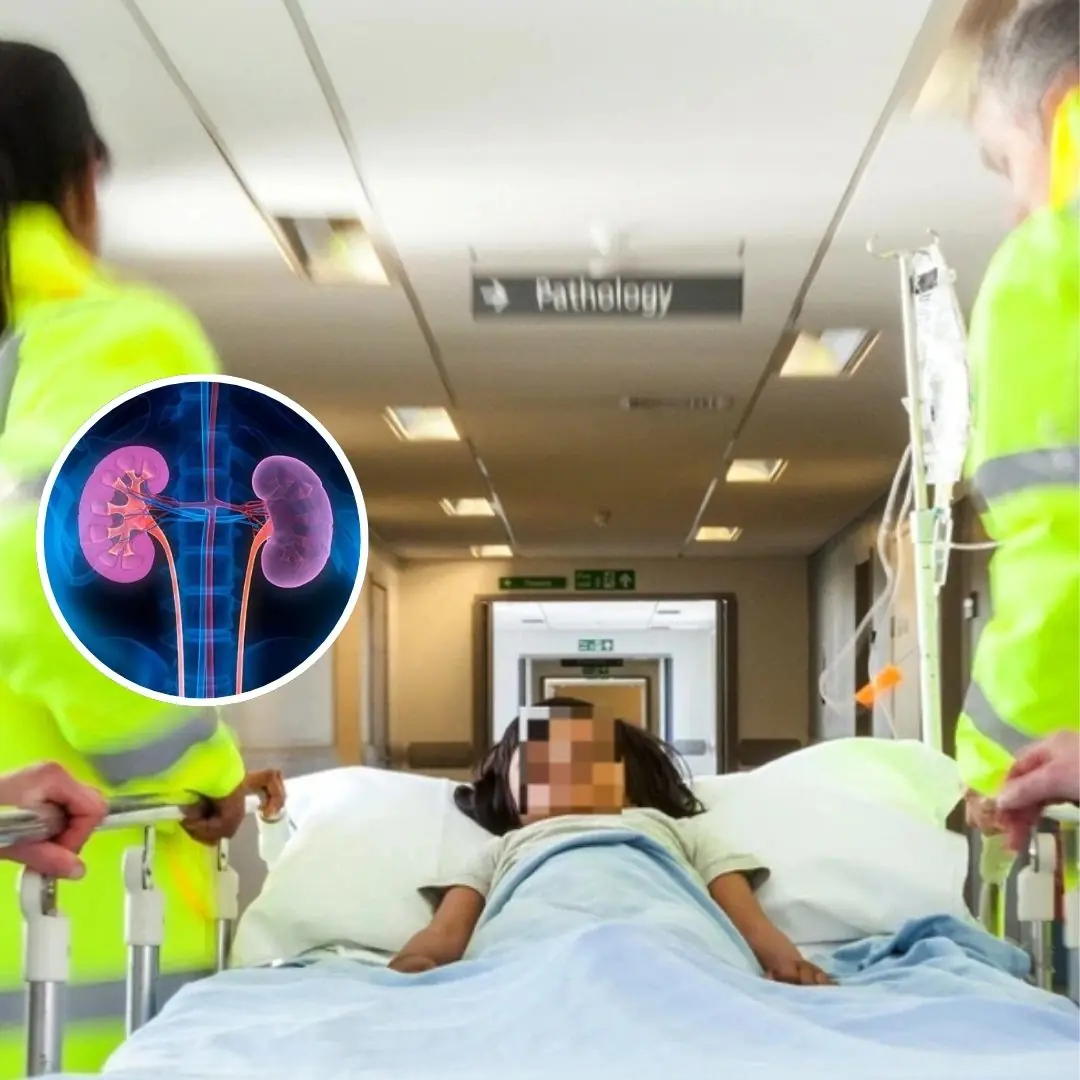
13-y.ear-old g.i.r.l with kidney failure, warning about high - ri.s.k drinks
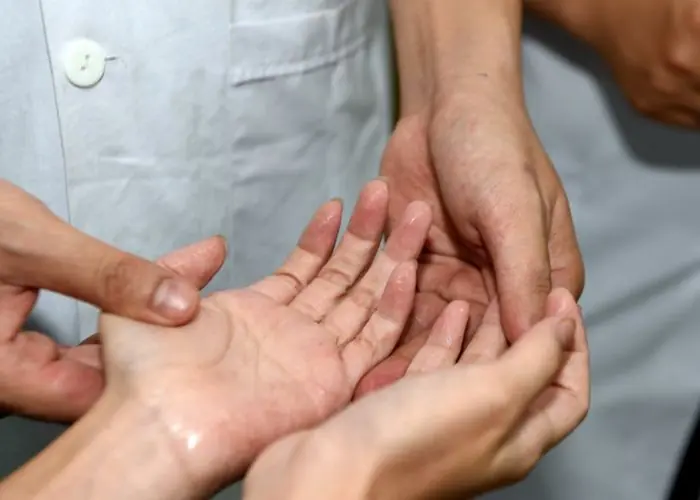
4 types of sweating that can be the body's "cry for help"
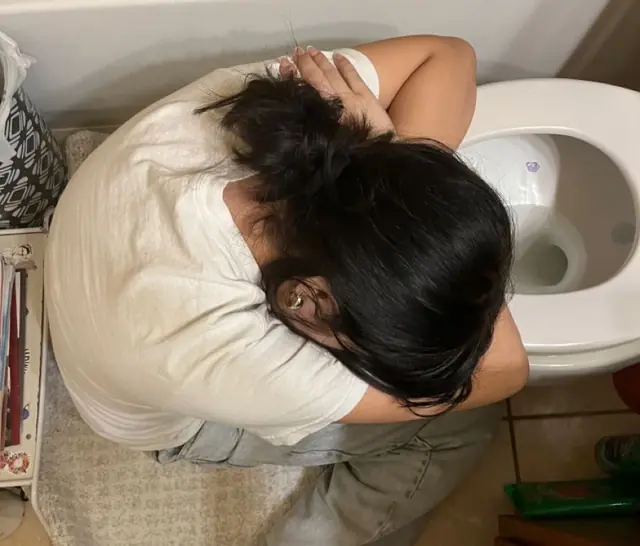
Warning signs of sto.mach can.cer
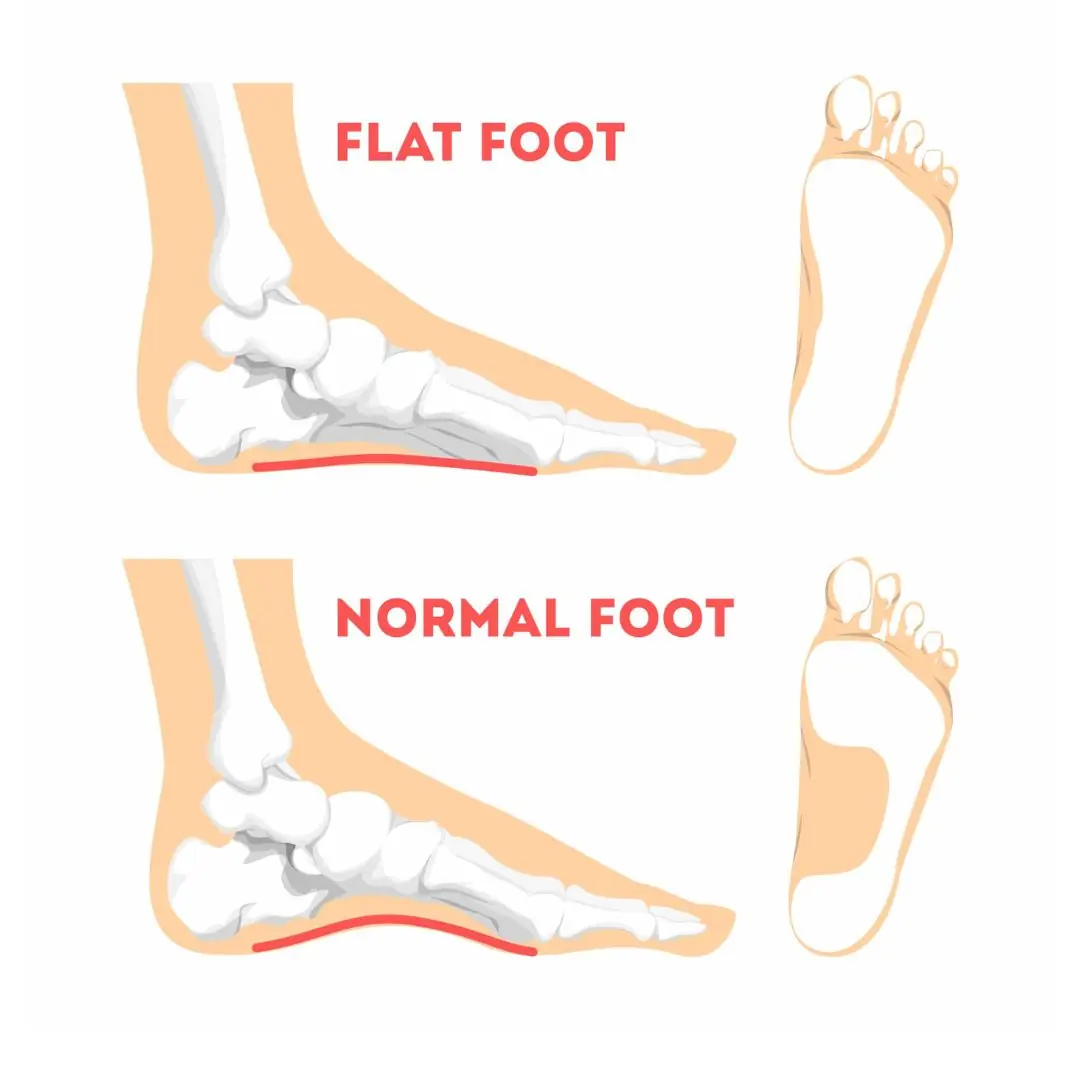
Flat feet in ch.il.dren — should parents be worried?

Is coke taking minutes off your life? Sho.cking research uncovers the truth

Regular daytime naps may slow brain aging, study finds

3 types of food left in the refrigerator for a long time can be "ac.com.plices" in causing stomach c.a.ncer
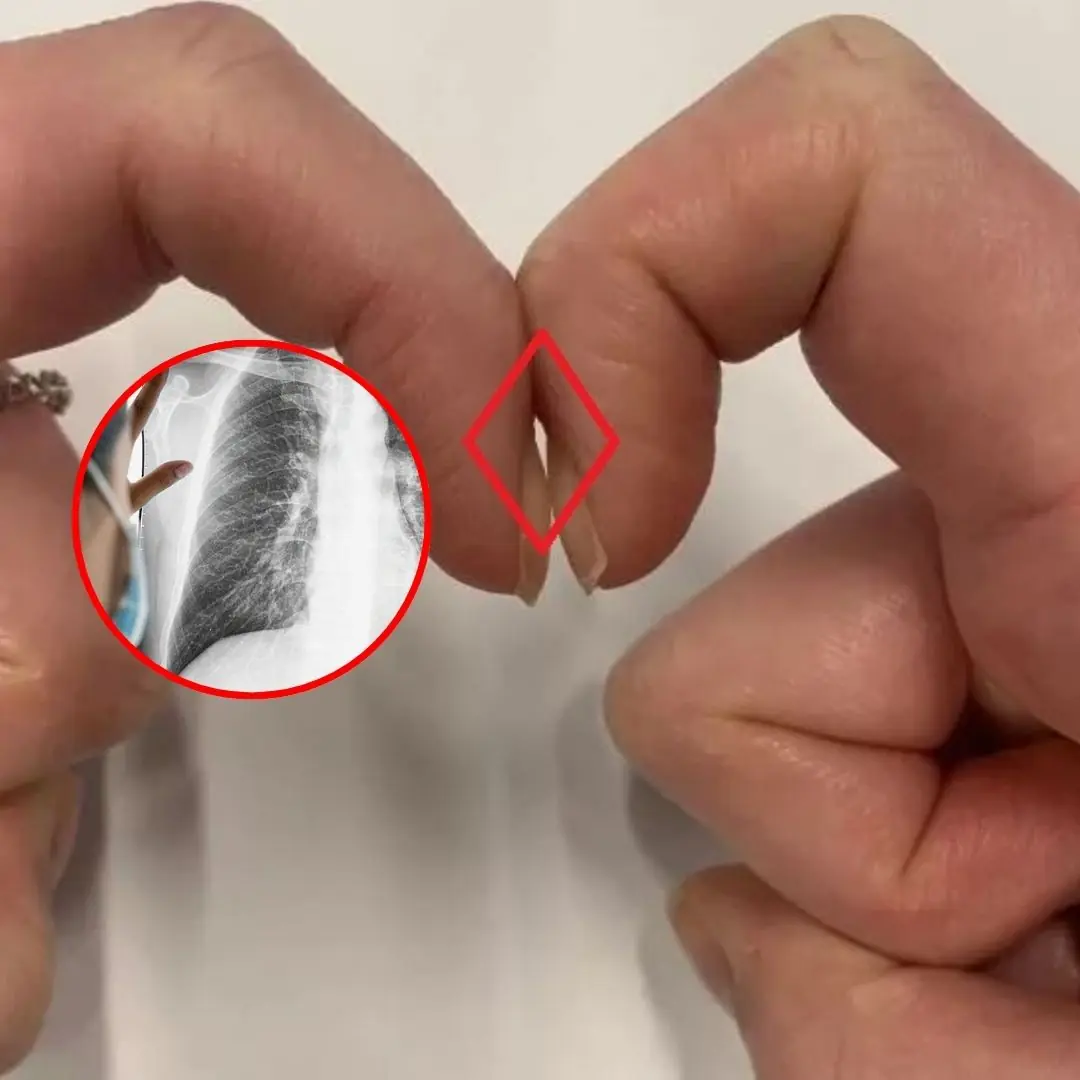
5 - Second Test to Assess Lung C.a.ncer Risk
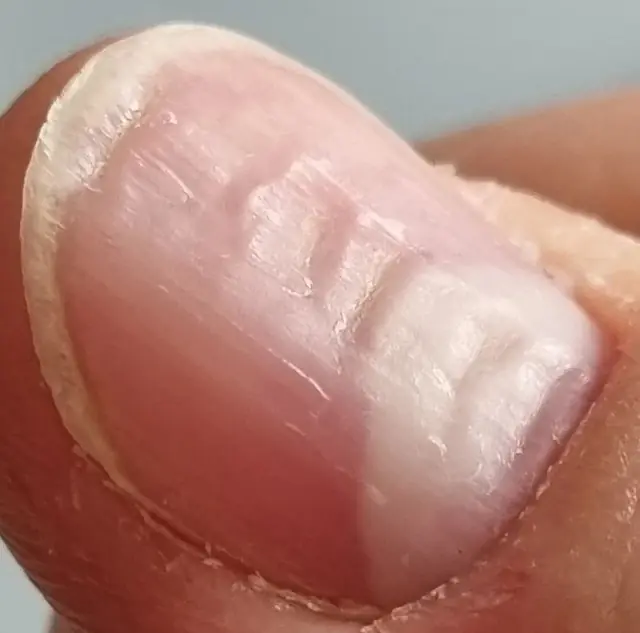
7 Nail Abnormalities That May Reveal Hidden Tumors in the Body

Foods that are toxic if eaten raw: what you need to know to protect your health
News Post

Experts Sound Alarm: 18-Year-Old Paralyzed From Late-Night Screen Use, Don’t Let It Happen to You

Bone Cancer: 5 Red-Flag Symptoms Doctors Warn About

Beef Hung High vs. Beef Laid on the Table – Food Experts Can Tell Which to Buy in Just 1 Second!
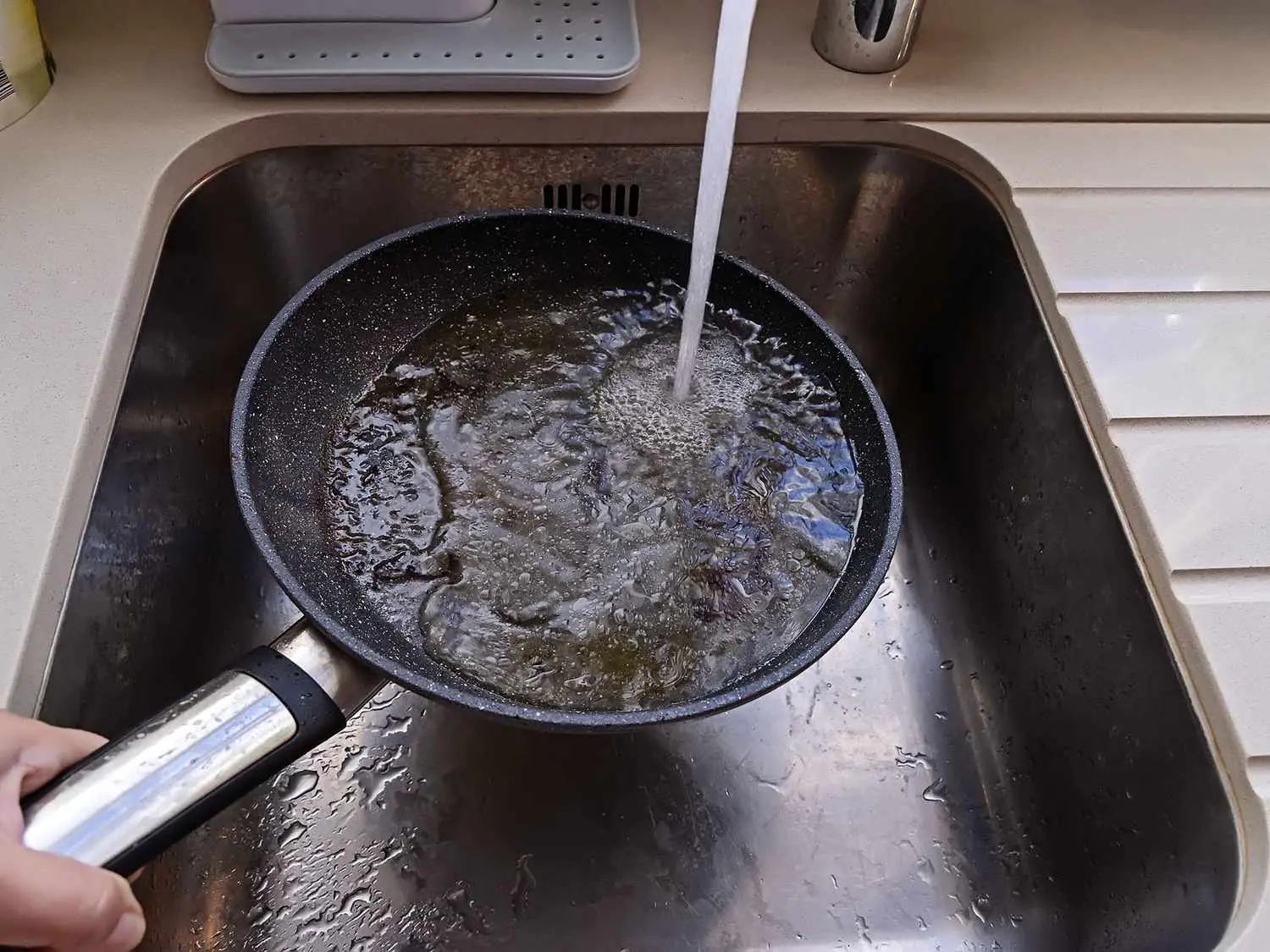
6 DON’Ts When Using Nonstick Pans to Avoid Health Risks

Smart and Natural Ways to Keep Birds Away from Rooftop Gardens

Ch.ronic constipation - A silent thr.eat to your digestive health

5 groups of people should not eat okra
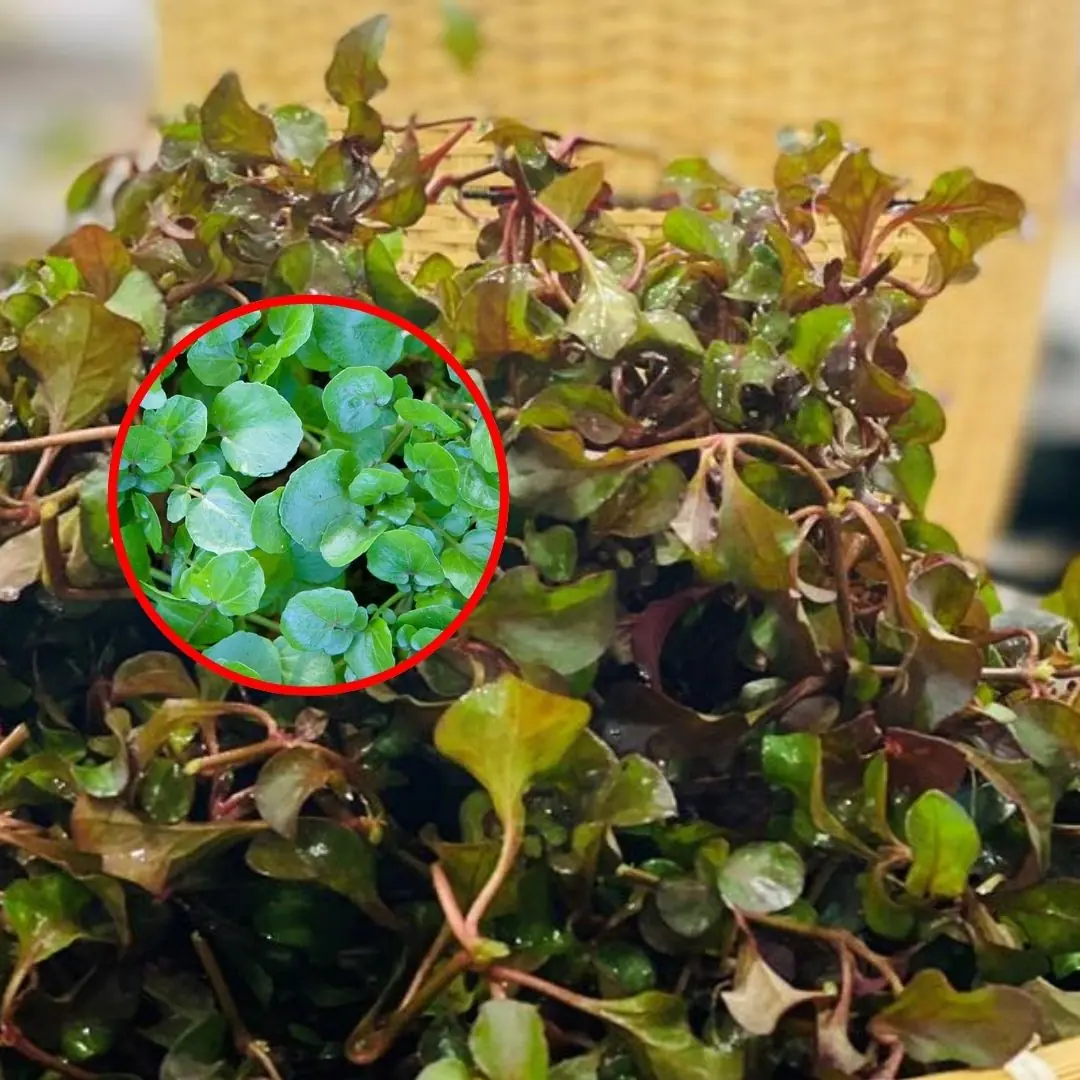
This simple vegetable hides surprising benefits, making it a must for people with heart concerns

After 30 years of one common mistake, a 56-year-old man paid the price with a heart attack

Che.ap dried root is considered a 'longevity elixir': Good for the kidneys, stabilizes bl.o.o.d sugar

Eating eggs regularly can be harmful for these 5 groups of people

A “small but mighty” flower that helps prevent stro.kes and supports can.cer treatment

Just 5–30 Minutes of This Each Day May Slow the Progression of Diabetes
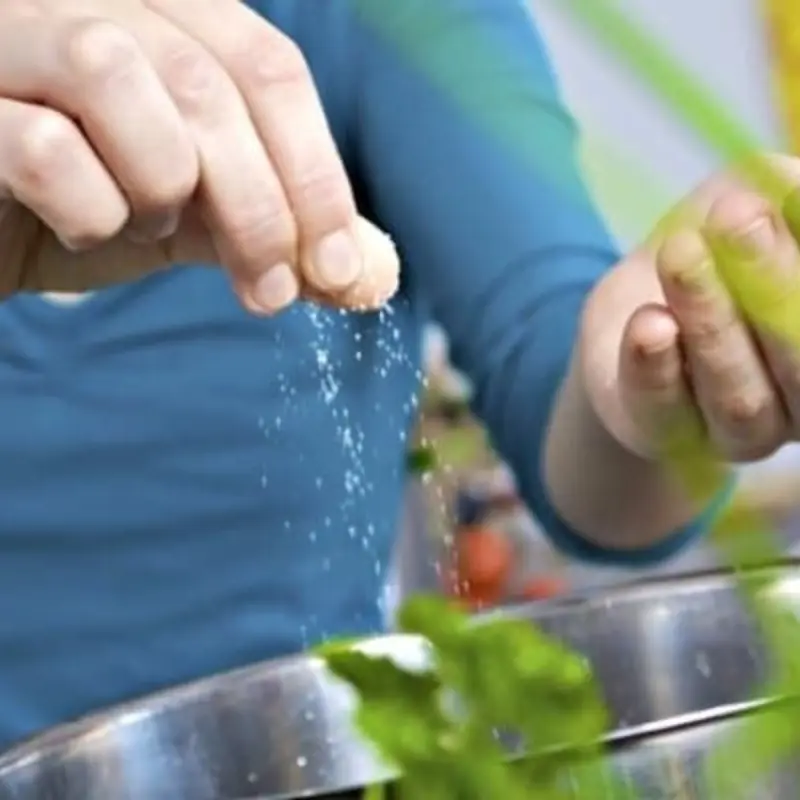
Adding Salt When Boiling Vegetables to Keep Them Green Is Actually a Mistake

Sugarcane Juice Is Refreshing, but for These 5 Groups of People, Drinking It Only Causes Harm

I regularly eat these 2 fruits to keep my spleen and sto.mach clean and healthy

13-y.ear-old g.i.r.l with kidney failure, warning about high - ri.s.k drinks

4 types of sweating that can be the body's "cry for help"
